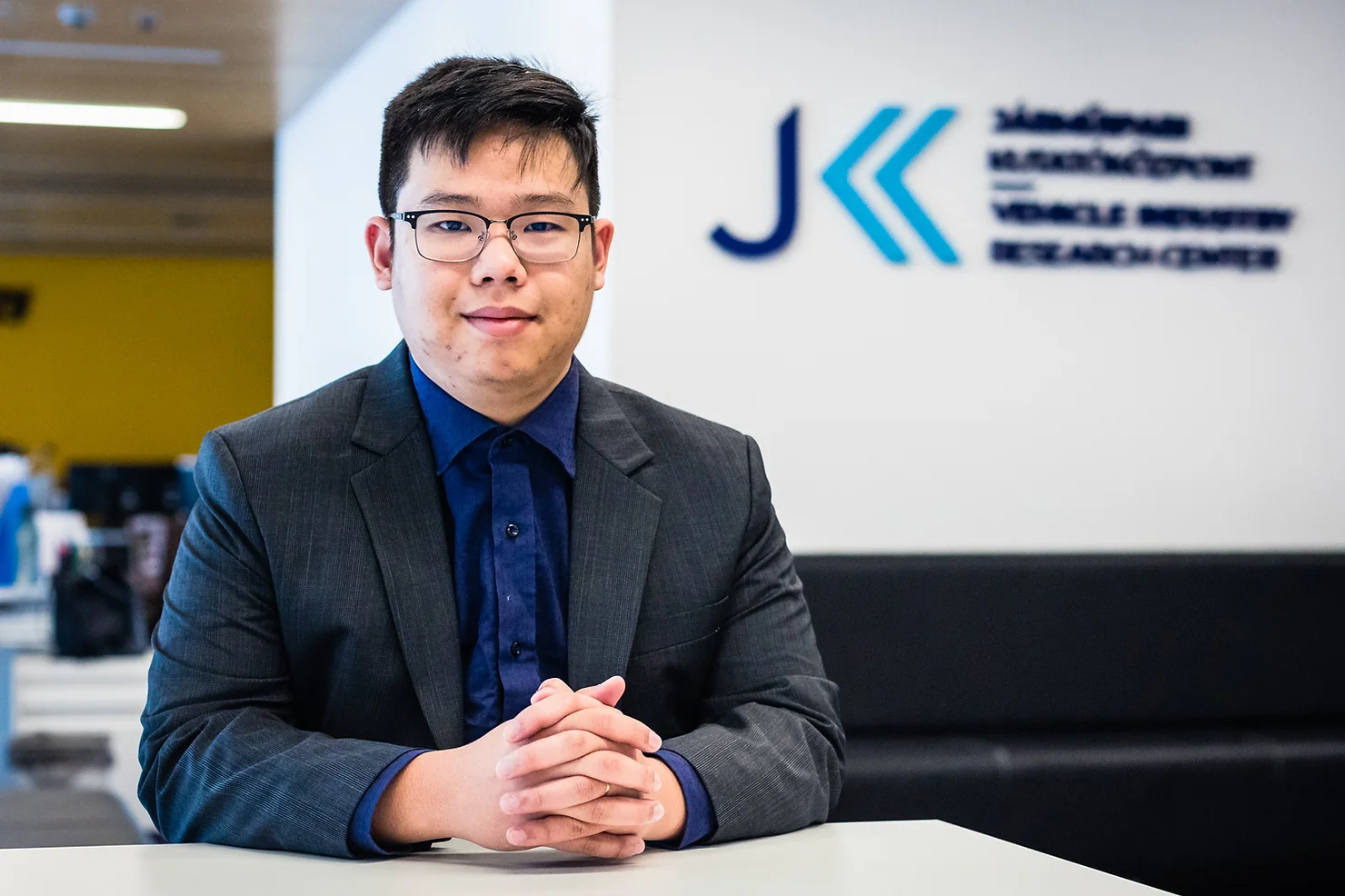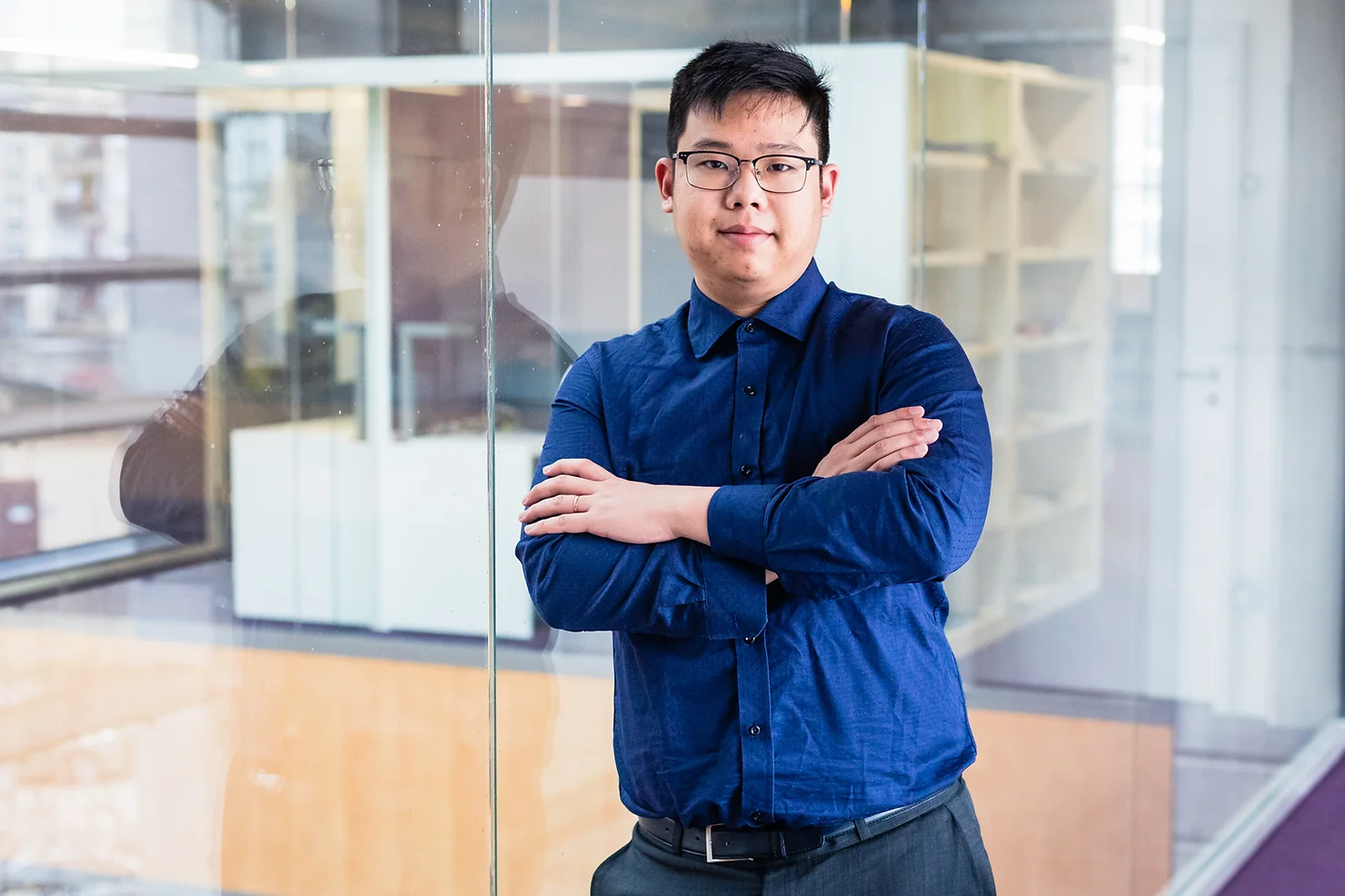Visiting Professor on Marie Curie scholarship at SZE refines his research in Győr
Sin Yong Teng, a Malaysian-born researcher and lecturer who worked at prestigious institutions across Europe, is spending three months at the Automotive Industry Research Centre at Széchenyi István University. The visiting professor came to Győr on a Marie Curie scholarship. His research here will strengthen the institution's international links and its commitment to sustainability.
Professor Sin Yong Teng comes from Kuala Lumpur, the capital of Malaysia, but has also completed his higher education in Europe. He first graduated as a chemical engineer in England and obtained his PhD in Brno, Czech Republic. His main research interests include chemometric methods (including artificial intelligence and optimisation) for circularity, energetics and processes.
He pioneered a method called "Bottleneck Tree Analysis", a simple, elegant way to identify capacity bottlenecks and improve efficiency in industries such as oil refineries, plastics recycling and the automotive industry.
He came to Győr from Radboud University in Nijmegen, the Netherlands. A Marie Curie postdoctoral scholarship will enable him to carry out research at Széchenyi István University as a visiting professor.

Professor Sin Yong Teng will continue his research at the Automotive Industry Research Centre of Széchenyi István University in the coming months (Photo: Csaba József Májer)
In response to our question, he said that during his stay he would like to further develop his research and be inspired to develop more innovative solutions.
He is currently working on studying and transforming molecules and creating chemical processes that can contribute to a more sustainable, better world.
He says the discipline he works in is very complex. "My field of research is interdisciplinary - that is, multidisciplinary - and very unique. It's a three-way bridge between chemistry, chemical engineering and data science," explained Sin Yong Teng, whose goal is to create sustainable processes to reduce carbon emissions in industry. He added that his focus is on developing environmentally friendly, efficient, circular processes.
The professor also talked about his plans to give guest lectures at Széchenyi István University, where he would like to return for a longer period in the future, even within the framework of a wider cooperation, because he feels very comfortable in Győr.
"Győr is a very beautiful, outstanding city, I like its rivers," said the professor, who stressed that the city lies in the golden triangle of Budapest, Vienna and Bratislava.
He added that Széchenyi István University has the potential to become one of the leading higher education institutions in Central Europe.

The visiting professor feels very much at home in Győr, which he considers to be a city with an excellent location (Photo: Csaba József Májer)











